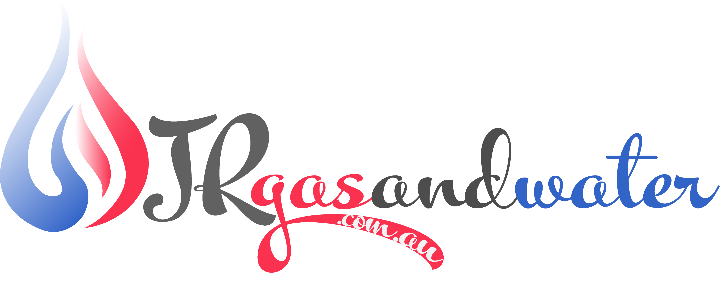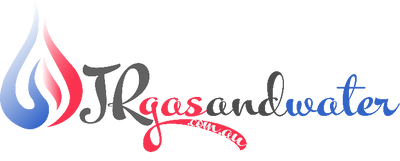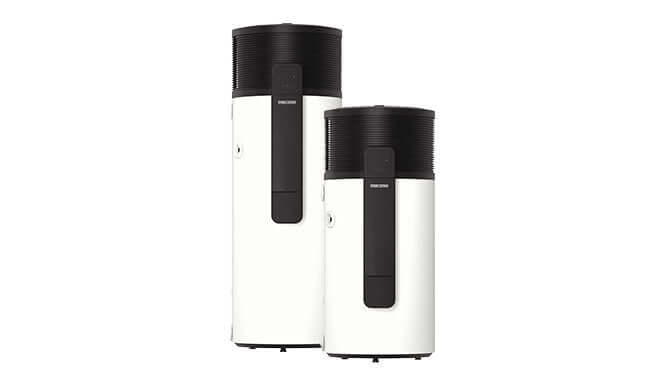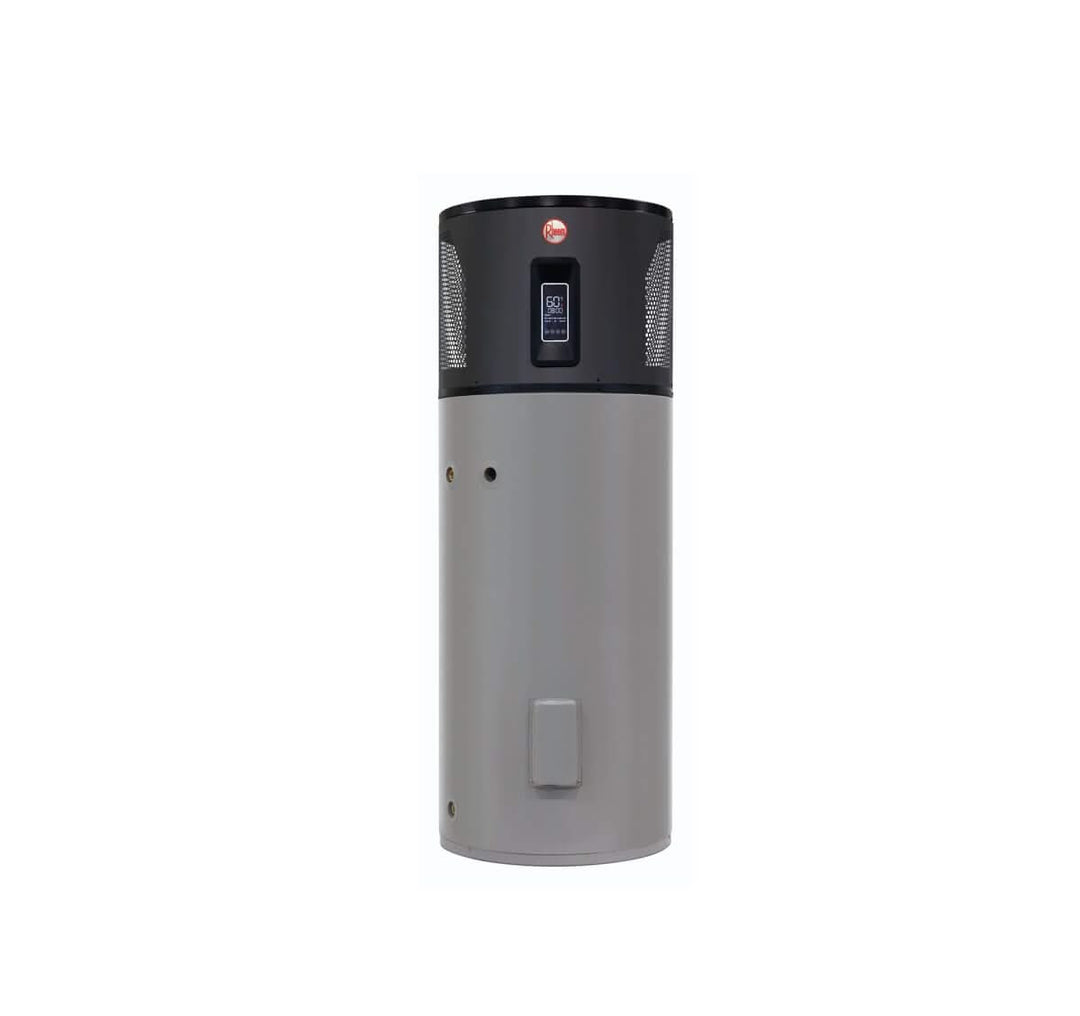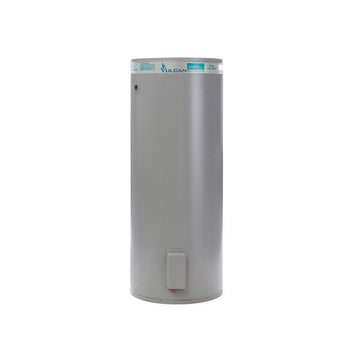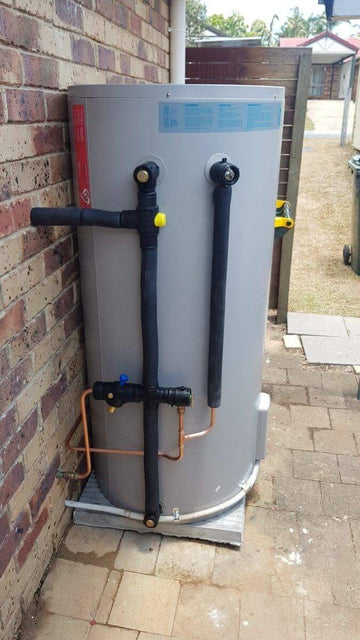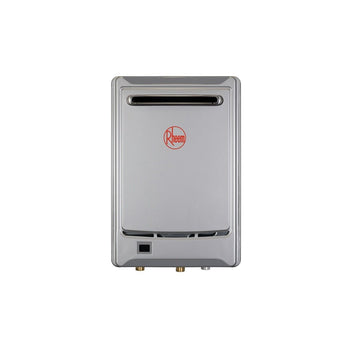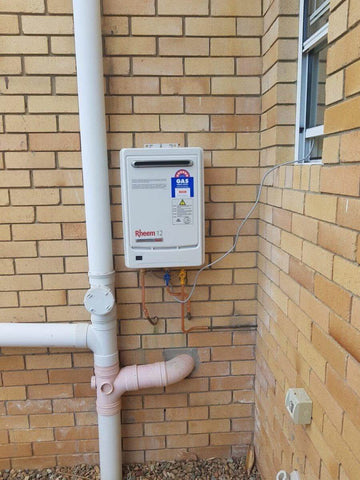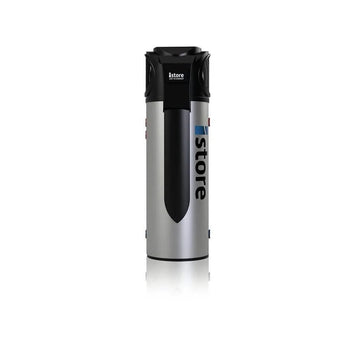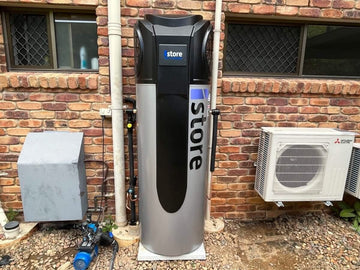Best Drain Cleaners & Tools: How to Unclog Drains Safely & Effectively
Blocked pipes are a hassle — but with the right tools and knowledge, you can clear clogs quickly and safely. This guide breaks down the best chemical drain cleaners, manual tools, and eco-friendly options, along with expert advice on when to call a professional plumber.
Whether you’re dealing with a slow drain or a full blockage, JR Gas & Water is here to help with reliable service across Brisbane and surrounds.
🧼 Key Takeaways
✔ Use the right drain cleaner based on the clog type
✔ DIY tools work for minor blockages — professionals handle the rest
✔ Good habits and regular care prevent future issues
✔ When in doubt, contact JR Gas & Water
🔬 Top Chemical Drain Cleaners
1. XYZ Power Gel (Liquid Cleaner)
-
Active Ingredient: Sodium Hydroxide
-
Best For: Hair, grease, food residue
-
Pros: Fast-acting, great for kitchens and bathrooms
-
Cons: Highly caustic — handle with care
2. ABC Quick Clear (Granular)
-
Best For: Grease and septic-safe treatment
-
Pros: Adjustable dosage, strong formula
-
Cons: Needs hot water to activate
3. DEF Pipe Purge (Foaming Cleaner)
-
Best For: Deep sink and tub clogs
-
Pros: Expands to reach stubborn blockages
-
Cons: Might require more than one treatment
🛑 Note: Avoid excessive use of chemical cleaners — they may corrode older pipes. For ongoing issues, consider eco-friendly alternatives or call a plumber.
🔧 Top Manual Tools for Drain Cleaning
4. Classic Plunger
-
Best For: Sink and toilet clogs
-
Pros: Easy to use, no chemicals
-
Cons: Limited reach
Pro Tip: Use a cup plunger for sinks and a flange plunger for toilets.
5. Drain Snakes & Augers
-
Best For: Hair and soap scum buildup
-
Pros: Physical removal of blockage
-
Cons: Improper use can scratch or damage pipes
Try this before calling a pro — especially for showers and bathroom basins.
6. Hydro Jetting Tools
-
Best For: Large-scale or deep pipe clogs
-
Pros: High-pressure water blasts the entire pipe
-
Cons: Should only be used by trained professionals
Need help? JR Gas & Water offers jet cleaning and CCTV inspections to locate and clear tough blockages.
🌱 Eco-Friendly Drain Cleaning Options
7. Bio-Enzyme Cleaners (e.g., Bio-Clean)
-
Best For: Septic-safe, non-toxic cleaning
-
Pros: Safe for pipes, great for routine maintenance
-
Cons: Needs overnight application
Pair with our Puretec filtration systems for long-term water quality improvements.
8. DIY Baking Soda & Vinegar
-
Best For: Odor control and light clogs
-
How To:
-
Pour ½ cup baking soda
-
Add 1 cup vinegar
-
Cover, wait 20 mins, then flush with boiling water
-
Pro Tip: Add lemon juice for a fresh citrus scent 🍋
🔄 Drain Blockage Prevention Tips
9. Weekly Rinse Routines
-
Flush sinks with hot water
-
Add a tablespoon of salt for extra grease-cutting power
10. Smart Disposal Habits
-
🚫 Don’t pour grease, oils, or coffee grounds down the drain
-
✅ Wipe pans before washing
-
🚫 Don’t flush wet wipes, cotton balls, or hygiene products
Looking for a new sink or tapware? JR Gas & Water installs everything with care — no more leaky fittings or dodgy drains.
🆘 When to Call a Plumber
Call JR Gas & Water if you notice:
-
Persistent blockages
-
Multiple fixtures backing up
-
Sewer smells or gurgling sounds
-
Water not draining even after DIY attempts
We offer same-day response and award-winning service across Brisbane and Gold Coast.
🛡️ Drain Cleaner Safety Tips
-
Always wear gloves and goggles
-
Read product instructions thoroughly
-
Never mix different chemicals
-
Keep cleaners out of reach of children and pets
💬 FAQs
What’s the best drain cleaner for my kitchen sink?
Start with baking soda + vinegar or an enzymatic cleaner. For grease clogs, use a gel-based drain cleaner sparingly.
Can I plunge a clogged bathroom sink?
Yes! Just make sure you use a cup plunger, and seal overflow holes with a cloth.
When should I call a professional plumber?
If DIY efforts fail, you smell sewer gases, or water backs up into other drains — call us immediately.
Is baking soda and vinegar effective?
Yes, for mild clogs. It’s not strong enough for major blockages or grease build-up.
Are chemical drain cleaners safe?
Only when used occasionally and properly. For frequent clogs, use safer alternatives or get professional help.
Final Thoughts: Keep Drains Clear & Costs Down
By combining the right tools, good habits, and regular upkeep, you can avoid nasty blockages and costly plumbing repairs.
✅ Weekly: Flush with hot water
✅ Monthly: Enzymatic or baking soda treatment
✅ Quarterly: Snake or clean problem areas
✅ Yearly: Book a professional clean if needed
Need urgent help or want expert advice?
Contact JR Gas & Water — the trusted name in Brisbane plumbing and hot water solutions since day one.
🛠️ Explore our systems
🚰 Browse water filtration
🧠 Learn more in our blog
